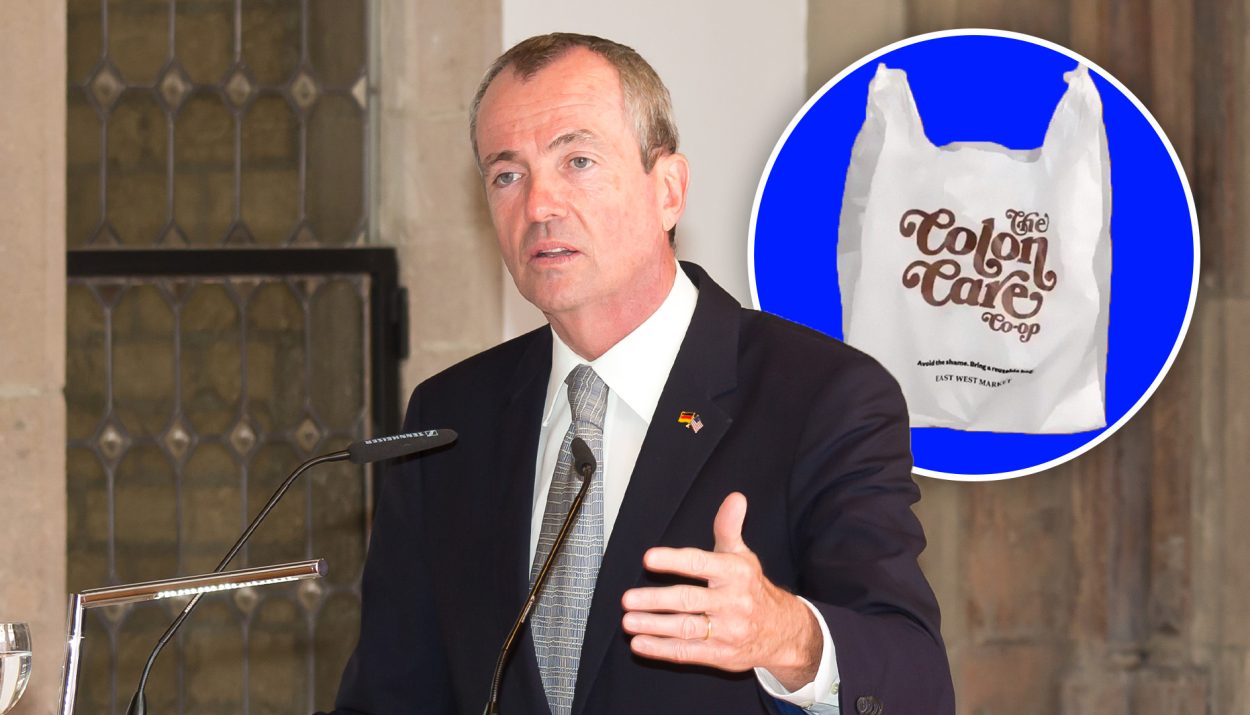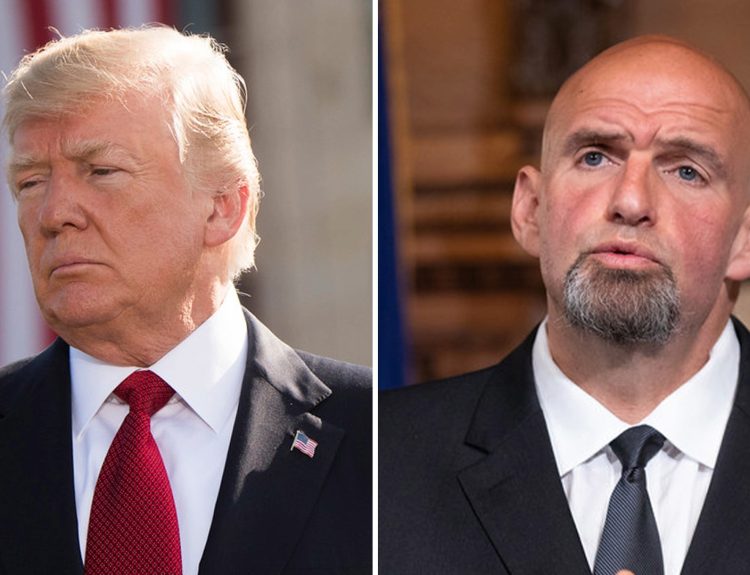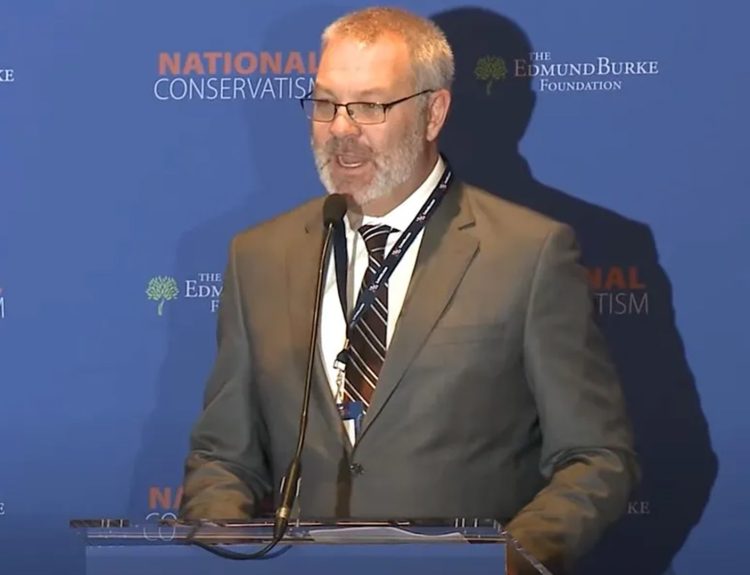Plastic bags are among the worst pollution that anyone can find in a landfill. Plastic takes hundreds of years to even dissolve. Microplastics have even leached into our groundwater and contaminated many natural water sources. New Jersey attempted to fix this by implementing a plastic ban. Let’s see how it failed.
Recent Study Highlights Shortcomings
A recent study into New Jersey’s plastic bag ban revealed something shocking: plastic use actually tripled! A recent study showed this unexpected outcome, making us question if banning plastic bags is really as straightforward a solution as we thought.
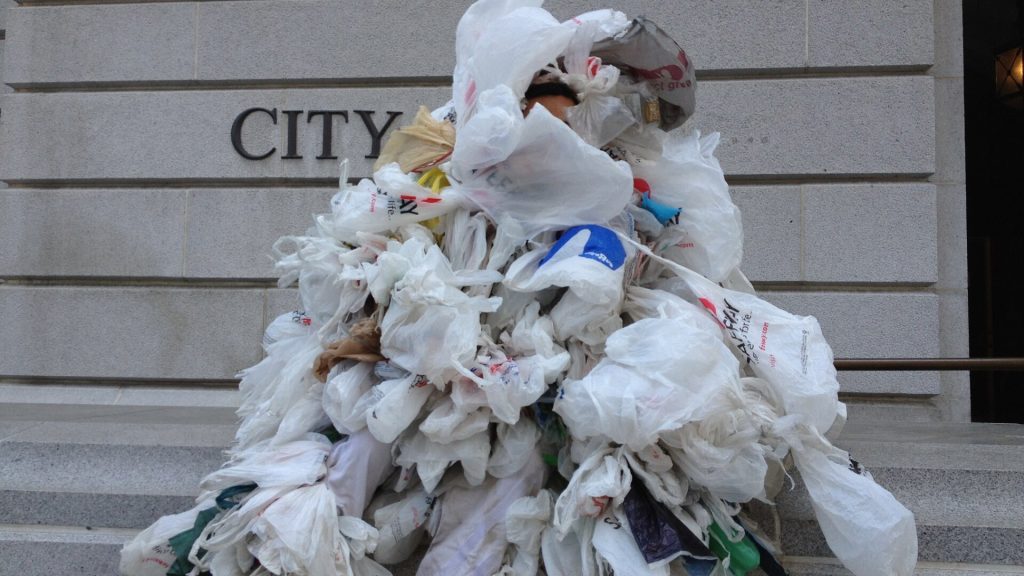
The idea was to help the environment by getting rid of plastic bags, but things didn’t quite go as planned in New Jersey. The big jump in plastic use tells us that we might need to think more carefully about how we tackle these issues and find solutions that really work for the long haul.
A Recent Bag Ban
2022 saw New Jersey take the lead in trying to curtail the incidence of plastic bags in landfills. The state pitched it as a move to tackle the growing issue of one-use plastic bags clogging up landfills, aiming for a cleaner and greener future.
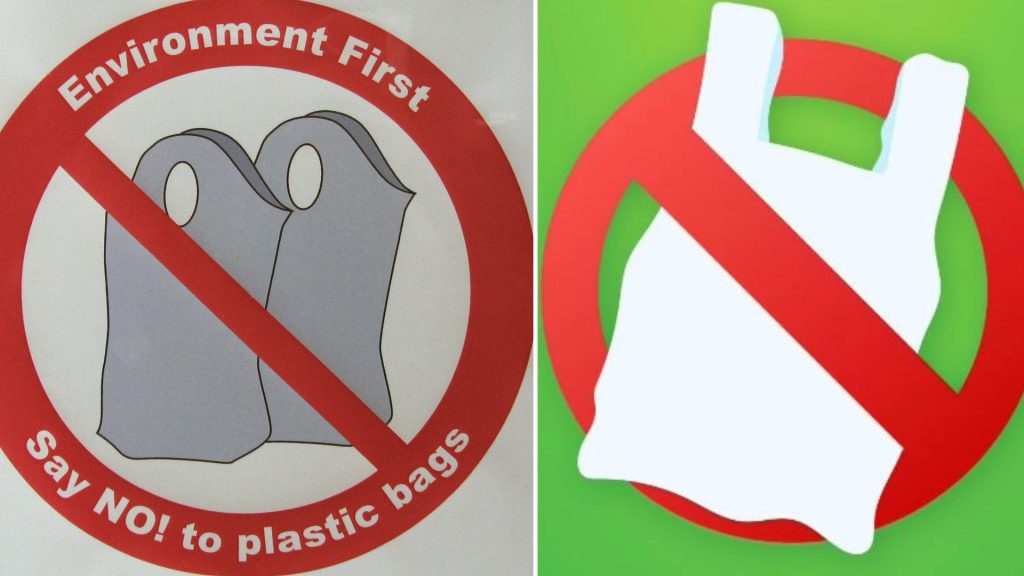
Branding itself as a pioneer in environmental action, New Jersey’s bold ban was all about putting an end to the mountain of one-use plastic bags we throw away. However, the effectiveness of this ambitious move prompts a closer look at the broader impact and whether it’s truly making a dent in our plastic problem.
A Study Shows Us Exactly How Badly It Went
After New Jersey waved goodbye to single-use plastic bags, the move to alternative bags unexpectedly caused a whopping threefold surge in plastic consumption, according to a recent study by Freedonia Custom Research (FCR), a division of MarketResearch.com.
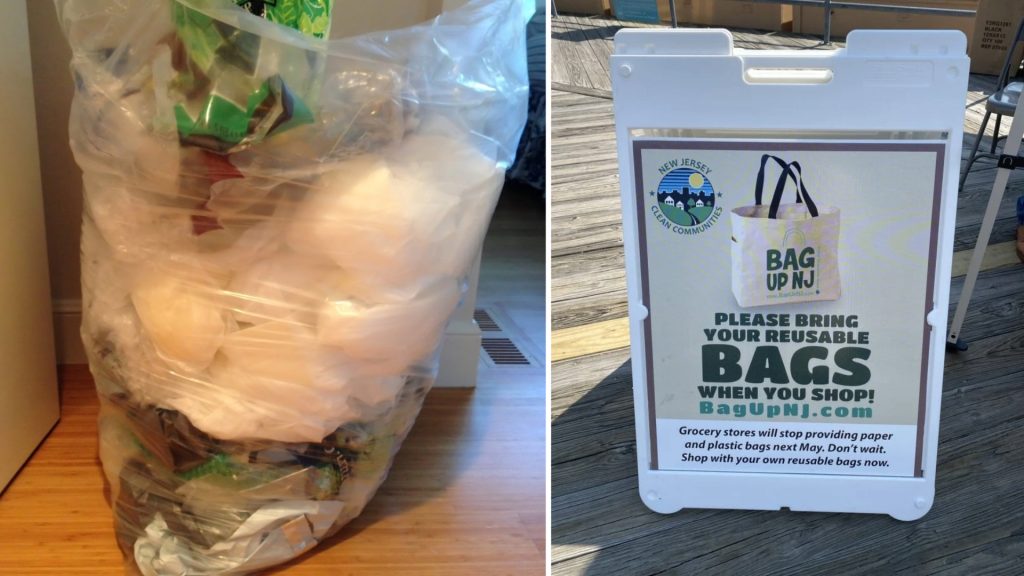
This data suggests a need for a more nuanced approach to environmental policies, ensuring that the solutions chosen genuinely contribute to the intended reduction in plastic waste. It also makes us consider what other options we might have for dealing with this plastic menace.
2020 Set The Stage For The Ban
In 2020, Governor Phil Murphy highlighted the widespread issue of plastic bags, acknowledging their negative impact on landfills, rivers, and oceans. Signing the legislation for the bag ban was seen as a significant step in directly addressing plastic pollution.
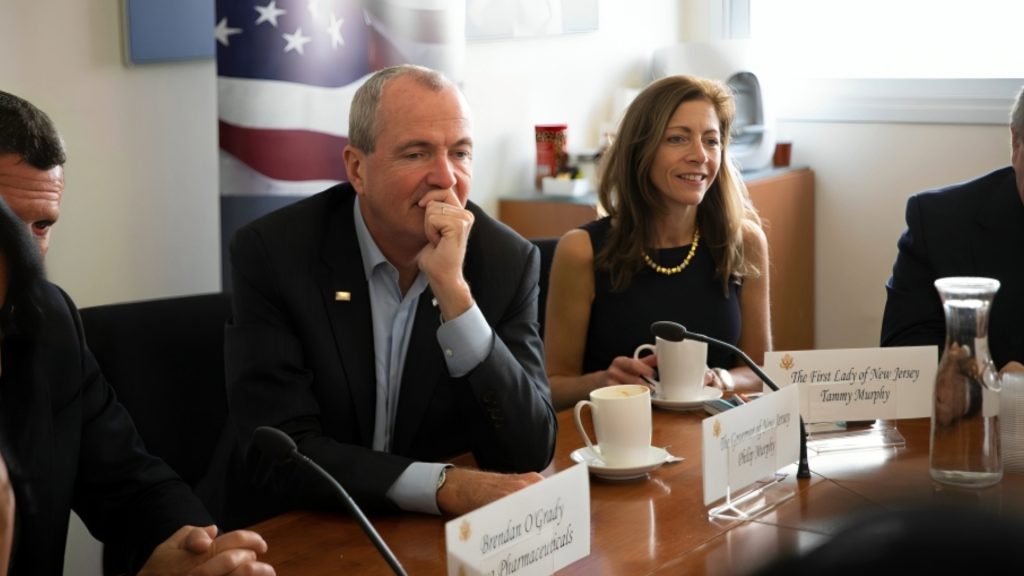
Murphy believed these actions could combat environmental problems and contribute to the fight against climate change, creating a better world for future generations. Governor Murphy’s firm stance on tackling plastic pollution shows a dedication to addressing environmental challenges, at least on the level of policy. Pollution reduction is a common thread in many Democrat-controlled states.
No Single-Use Plastic Bags in Stores
The ban saw stores stopping single-use plastic bags, and shoppers were encouraged to bring their own reusable bags from home. With the ban, the idea was that fewer plastics would end up in landfills, and people would instead choose reusable options.
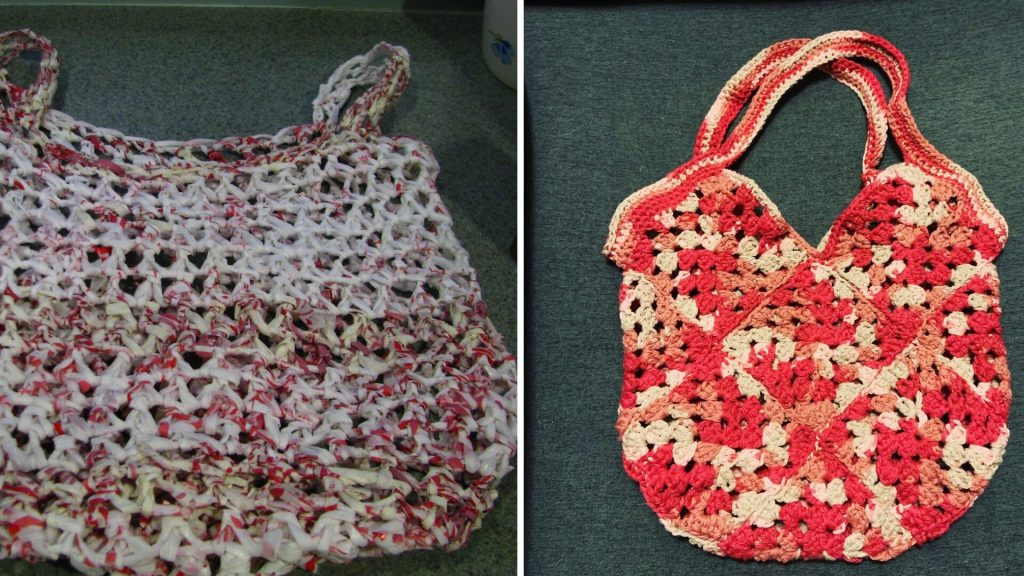
Tradition is powerful, and many people were unhappy about the ban. Many consumers went to local media to complain about the ban and underline how it affected so many people at all socioeconomic levels.
Reusable Bags Start Piling Up
Local media outlets covering the issue got an earful from consumers. Reusable bags were piling up at home, either because people kept buying them at the store or because delivery services were doling out new bags with each drop-off.
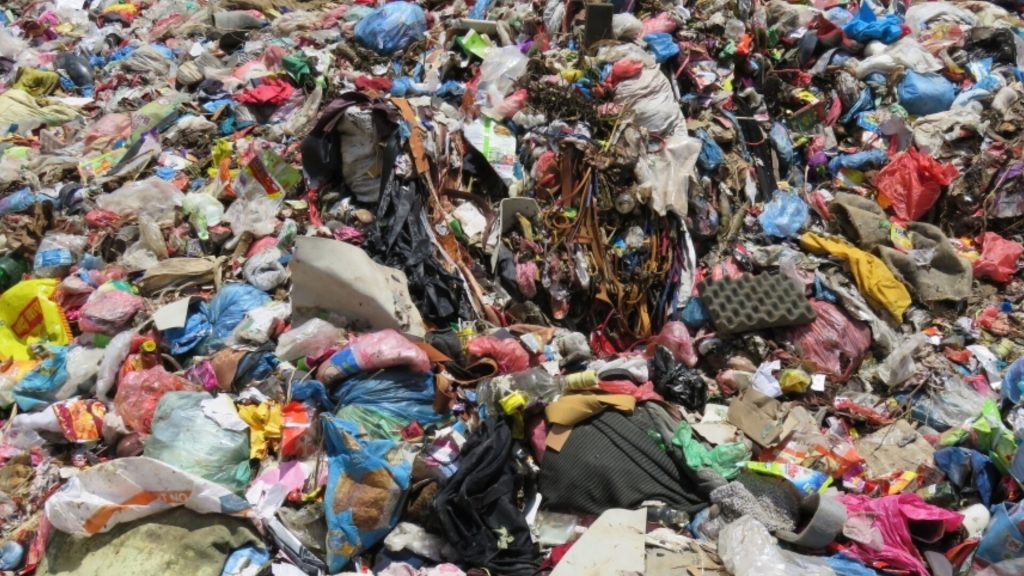
If it’s not something people do regularly, going to the store with a reusable bag is simply not something they remember to do. Most people stop at the grocery on their way home from work, making it nearly impossible for them to walk with a reusable bag.
Some Users Kept The Reusable Bags Around
On the positive side, users were keeping the reusable bags around. Some even dedicated different bags to their market runs and grocery runs. However, that all hinged on them remembering to take the bags with them.

Since a lot of retail outlets were offering the bags, and users needed them to transport their stuff home, instead of getting plastic bags, the shoppers would just get reusable ones instead. And instead of filling up the landfills, they were filling up shoppers’ homes since they weren’t thrown out.
Many More Shoppers Just Threw Out the Reusable Bags
The biggest issue with the ban came from shoppers who would just collect the reusable bags but never reuse them. In essence, the retail outlets simply replaced their plastic bags with reusable ones that people disposed of.
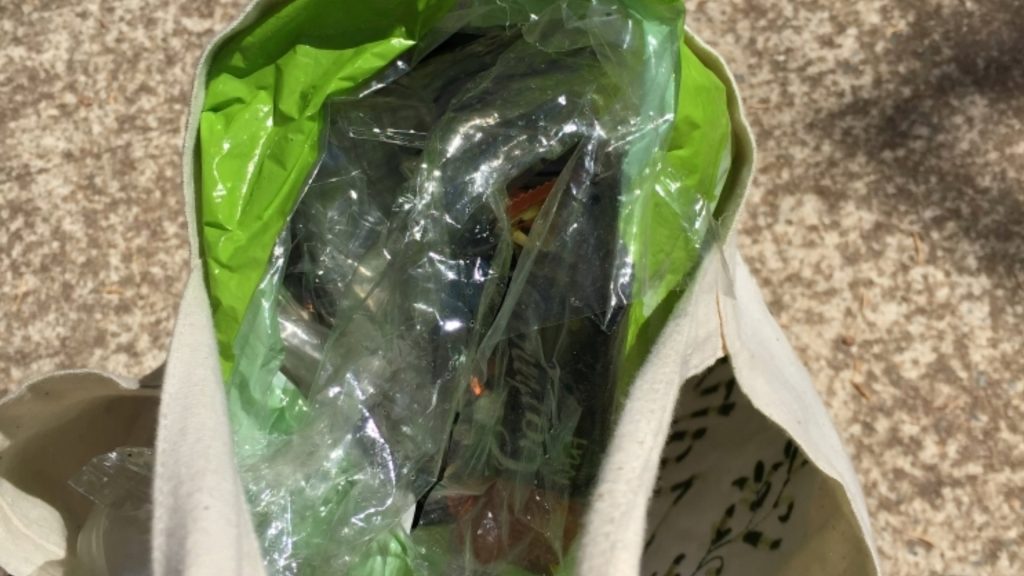
This response by shoppers is an excellent example of how something lawmakers propose could easily lead to unexpected consequences. Most times, it’s because lawmakers see things differently from consumers themselves, and that disconnect could lead to terrible results.
Plastic Consumption Increases Three Times
The only way to be sure that the ban failed is to take a look at the data. That’s exactly what the study mentioned before did, and the results that they offered painted a bleak picture of the future of this piece of legislation.
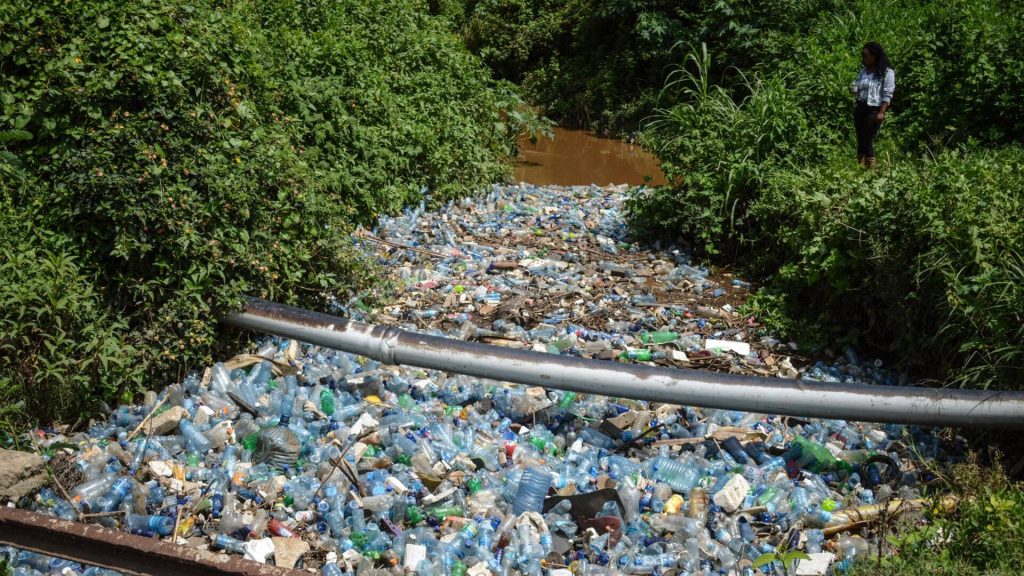
Numbers suggest that the plastic ban not only increased plastic consumption by buyers but shot the figure up to three times its pre-legislation levels. According to the study, New Jerseyans only consumed 53 million tons of plastic before the ban, compared with 151 million tons after.
The Reusable Bags Are Likely to Blame
With so many of these reusable bags being thrown out into the trash, it’s only natural that they would make their way to the landfills. The non-woven propylene bags that were developed as reusables had much more plastic than the single-use bags.
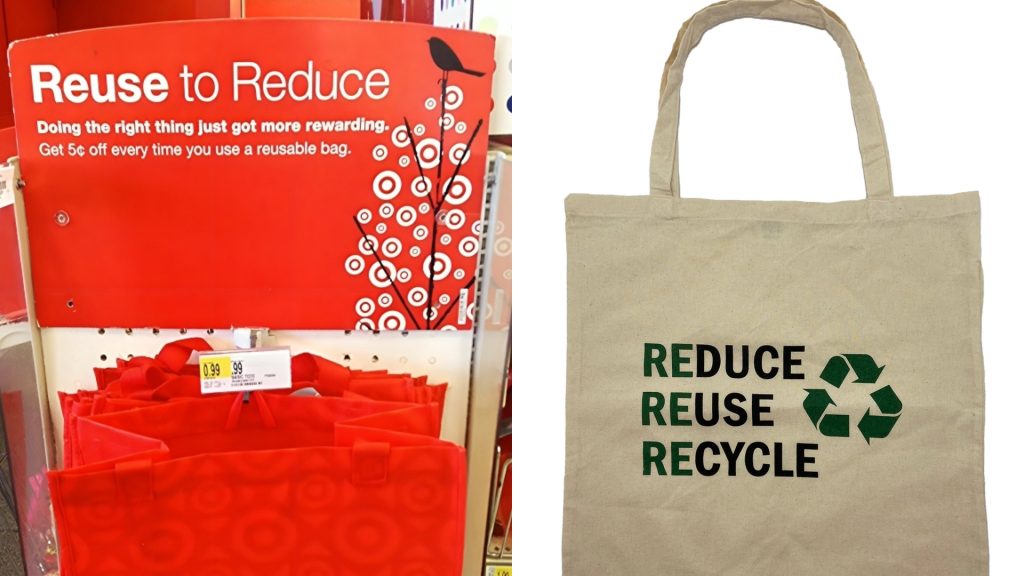
The bags were designed to last much longer than single-use plastics, but most New Jerseyans didn’t bother reusing them. Their increased plastic content meant that the amount of plastic in New Jersey’s landfills tripled when consumers threw out the bags.
Bags Would Need to Be Reused Much More
Most consumers who used the bags said they would only use them for a few shopping trips. On average, users would utilize the bags maybe once or twice a month for their big grocery trips and stop by for smaller pickups on their way home.

According to calculations done by the study, a New Jerseyan would need to reuse the bag 16 times to make up for the amount of plastic put into making it. That’s not even the worst part about these reusable bags.
Dangerous To The Environment
When lawmakers instituted the ban, their goal was to reduce plastic consumption. They were concerned with how pollution was affecting the planet, and banning plastics seemed like an excellent way to save the earth from a position of power.
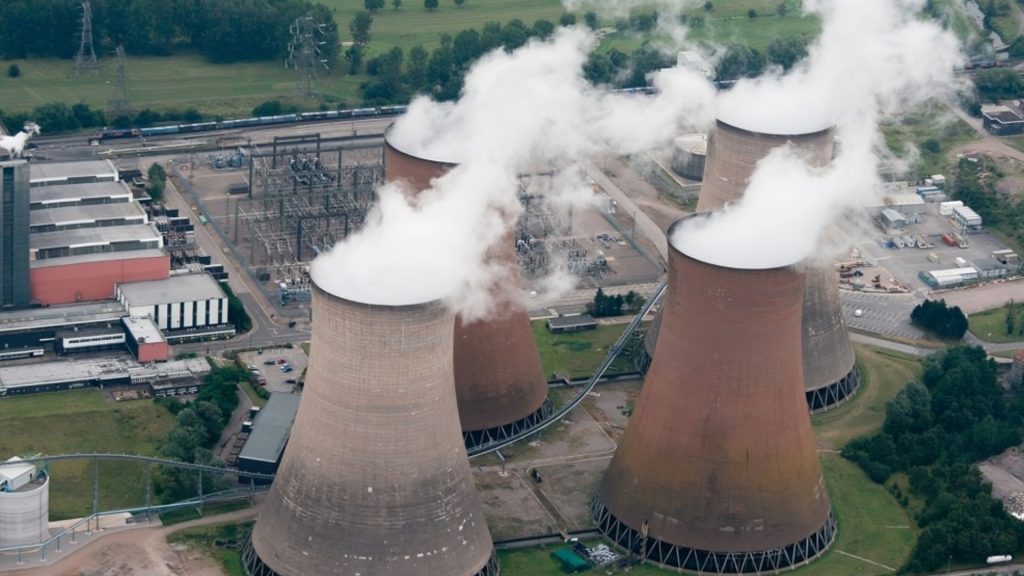
However, the bags that were created to replace single-use plastic bags were even more damaging to the environment. The study confirmed that making the bags led to a 500% increase in greenhouse gas emissions, which could lead to faster global warming.
Propping Up Profit Margins
Retailers earned a lot from their sales of reusable bags as well. Since consumers didn’t have a choice but to buy a new bag every time they forgot to bring their last one with them, the sellers could make a killing on a monopolized market.

According to the study, retailers could make a massive $200,000 profit on average from selling reusable bags. With such an incentive, retailers wouldn’t be happy to see the ban rescinded.
Not The Only State With Plastic Bag Bans
New Jersey is one of several states with an implemented plastic bag ban. There have been 12 statewide bans in the past few years, alongside hundreds of citywide bans. Democrats control most of the states that have banned single-use plastic bags.

Many of these states claim that their bans have reduced plastic consumption and may even have statistics to support their claims. However, the New Jersey study’s comprehensive look into the mechanics of their plastic bag ban underlines that it didn’t work so well in this locale.
Balancing Legislation With Reality
The US is a free country, meaning legislators can’t simply make people do something they want them to do. Much of US legislative efforts at both state and federal levels try to balance laws with their desired outcome.
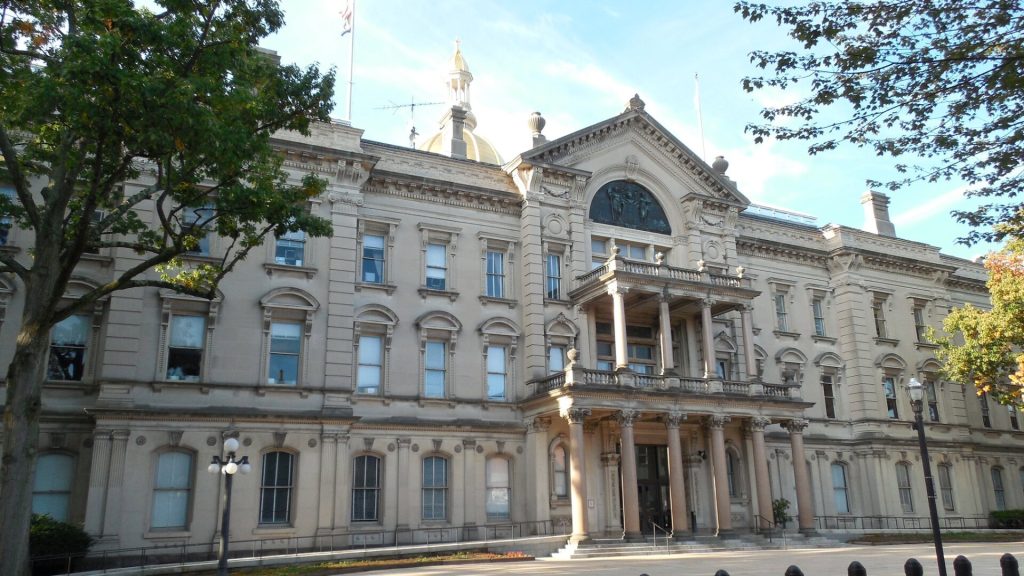
In this case, the laws went for something they saw as a problem. Banning plastic bags might have looked good from a legislative perspective, but it failed to consider what the people would do when they couldn’t use the bags anymore.
Do Plastic Bag Bans Matter?
If plastic bag bans have been so bad in combatting pollution, do they even make any sense? Plastic bags are still a serious issue since they could continue to cause pollution of water sources and remain in landfills for generations.
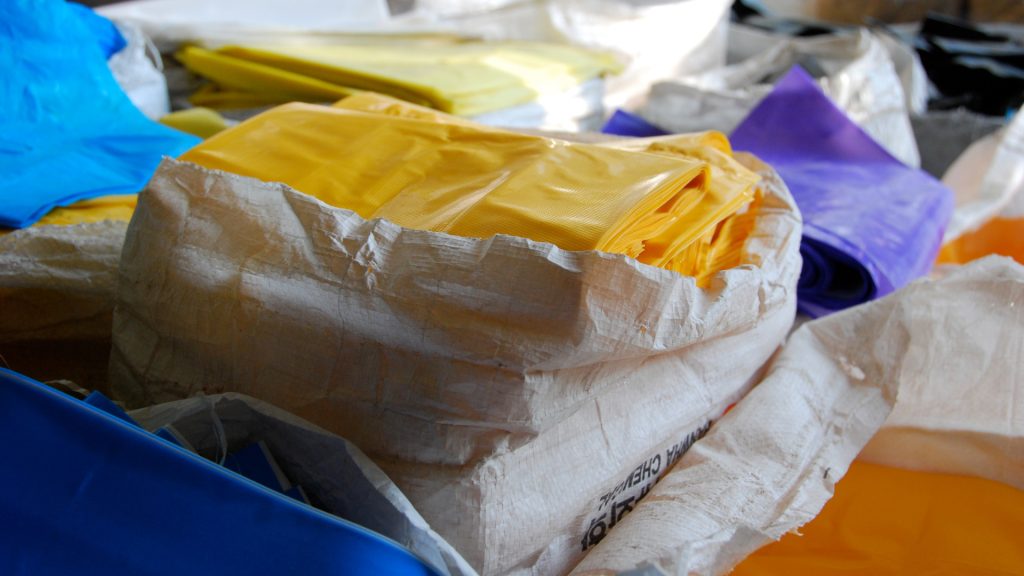
Banning plastic bags might not be the best approach, especially if it leads to more greenhouse gas emissions and an increase in the amount of plastics in landfills. Legislators may have to approach this issue from a different direction to make real change happen.
What Can Be Done?
Reducing plastic bags in landfills requires a multi-faceted approach. Promoting the widespread use of reusable bags through incentives and awareness campaigns could significantly reduce single-use plastic waste.

However, the final decision rests with the consumer. With how plastic bags are used today, making them too expensive or uncomfortable to use may not be the best way to approach this problem. Informing the public alongside a legislative campaign might be a better approach.

